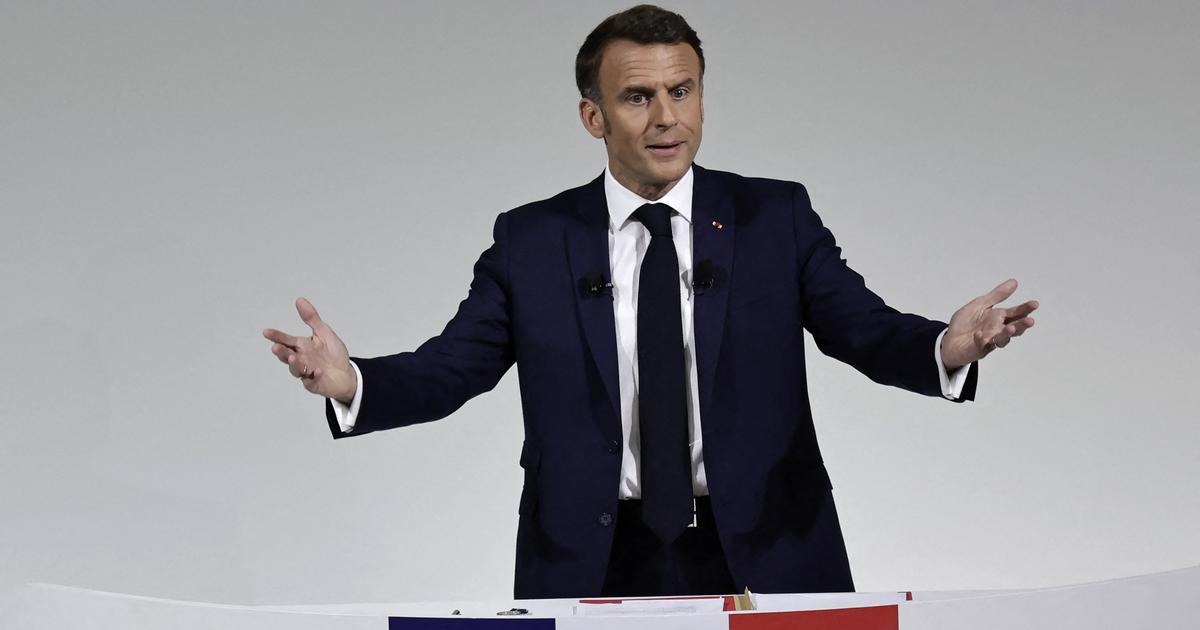French President Emmanuel Macron's recent announcement of early legislative elections has taken the nation by surprise and led to significant political shuffling. Macron's choice to dissolve the National Assembly and call for new elections was made public during a press conference broadcast nationwide, attracting the attention of over 15.3 million viewers. The move, described by Macron as a choice of 'clarification,' aligns with his strategy to consolidate support around his majority and challenge the opposition forces of France Insoumise (LFI) and the National Rally (RN).
Intriguingly, Macron's announcement came shortly after a major political irony: the broadcast of his speech replaced the popular France 2 game show, 'Everyone Wants to Take Their Place,' with its title unintentionally reflecting the current political race. This unexpected programming change and the onscreen caption juxtaposed with Macron's image elicited humor and commentary on social media. The program description, which speaks of contestants striving to dethrone a champion, felt emblematic of the unfolding political drama.
Marine Le Pen's Rassemblement National (RN) currently enjoys significant popularity, having secured 31.36% of the vote in recent European elections, far outpacing Macron's Renaissance party. Analysts and insiders suggest that Macron's call for new elections might be a strategic gamble. By compelling RN to actively govern, Macron could expose their potential administrative shortcomings and reduce their appeal ahead of the 2027 presidential elections. The notion that Macron’s move could be a 'trap' aiming to undermine RN's long-term prospects is shared within his circles.
Cohabitation, a scenario where the President and the parliamentary majority belong to different parties, looms large in political discussions. In the current National Assembly, Macron's Renaissance holds 169 seats compared to RN's 88 out of 577. To secure a legislative majority of 289 votes needed for easier governance, Macron's coalition, including allies Modem and Horizons, must seek additional support from other factions—a challenging prospect given the fragmented political landscape.
Adding to the complexity, the resignation of the President was hinted at by sources close to Macron, reflecting the high-stakes nature of the current political climate. The debates about Macron's strategy are further intensified by the fragmented state of the French left, which struggles to mount a united front against the right. Talks are underway among the Greens, left-wing populists, socialists, and communists to potentially revive the Popular Front for the new elections.
Meanwhile, the conservative Républicains, having secured 61 seats in 2022, are internally divided over a proposed alliance with RN. Party leader Eric Ciotti's endorsement of this strategy has been met with significant opposition from within his own ranks, highlighting the volatile and unpredictable nature of the upcoming electoral contest.
- Macron’s strategic maneuvers reflect a broader trend in French politics, where bipartisanship and coalition-building have become crucial amidst fragmented voter bases. His tactic of calling early elections can be seen as either a masterstroke or a high-risk gamble depending on the electoral outcomes.
- The broader implications of Macron’s strategy could redefine the political landscape of France. If RN fails to deliver on their promises, it could reshuffle voter loyalty and influence future elections.
- The potential alliances and rivalries forming now will have long-lasting impacts on French politics. The left's attempt to form a Popular Front and the Républicains' internal struggles reflect the high stakes and evolving dynamics within the national political framework.






